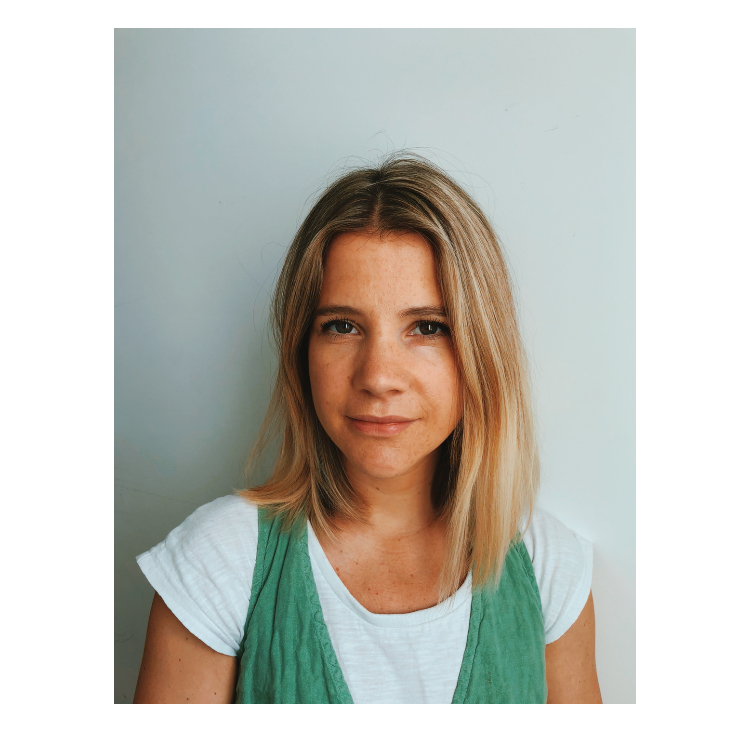How to write a bestselling novel by Cecelia Ahern (who wrote her first aged 21)
Her first bestselling novel P.S. I Love You was published in 2002, and she has since written 15 books. For this week's Writers Bloc series, Cecelia Ahern reveals the secret to producing one novel a year
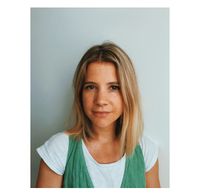
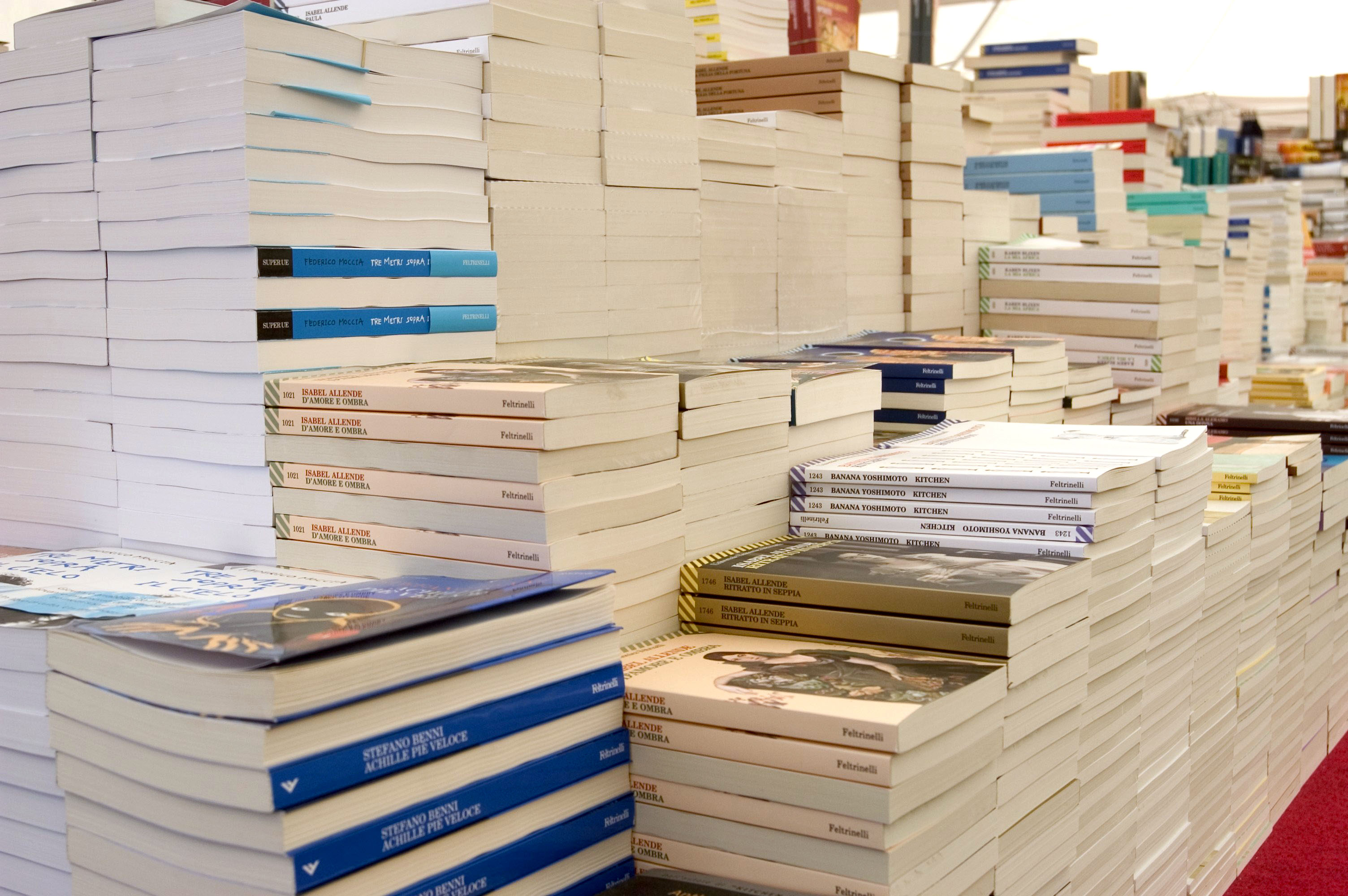
Celebrity news, beauty, fashion advice, and fascinating features, delivered straight to your inbox!
You are now subscribed
Your newsletter sign-up was successful
Her first bestselling novel P.S. I Love You was published in 2002, and she has since written 15 books. For this week's Writers Bloc series, Cecelia Ahern reveals the secret to producing one novel a year
Cecelia Ahern's first novel P.S. I Love You was published when she was 21 years old. Now 37 and living in Dublin, Ireland with her husband and two children, she has since written 15 books, which have been translated into thirty languages and have sold more than twenty-five million copies in over forty countries. ROAR, 'a collection of stories for every woman', is published by HarperCollins, £12.99.
You have been a full-time writer for most of your adult life. What is your routine?
My writing hours have adjusted over the years to work with my life. I wrote my first novel 15 years ago during the night from 10pm to 4am because it suited me to work that way then and that’s when I felt inspired and alive, but it’s not a practical time to be working when you have other commitments during the day. I now write from 9am to 5pm, four days a week. I begin a novel in January, it’s due in June, I edit during Summer and it’s published in Autumn. As I write a novel a year, it’s a very disciplined and precise schedule but thankfully it has worked for me and changing my hours hasn’t meddled with my creativity; if anything, having a routine has made me more focused.
I leave my house to go to work in an office. I used to work from home but I felt it was important to have a creative space separate from my living environment. It means that I focus better when I’m at work, but it also means that there is a separation between my life and work. When I lock the door to my office, it’s time to stop working and return to life, and when I step into the office, it’s a lovely free space to create, with a calm atmosphere that allows time and freedom for my mind to explore. With boundaries I can properly be in each moment as I should be without feeling conflicted.
My stories begin as an idea. I ask myself, who would find themselves in this situation and then the idea inspires the characters. The development of my characters then help the idea and story to grow so they both feed off one another. One of the most exciting parts of being a writer is that moment of coming up with an idea. I get an adrenaline buzz in that instant when I feel I’ve created something original and unique, and I’m eager to make a note of it and research it so that I don’t lose the thought. I keep a notebook of ideas because no matter how fresh I think they are, I do forget them and also because it’s not always the right time to begin the story.
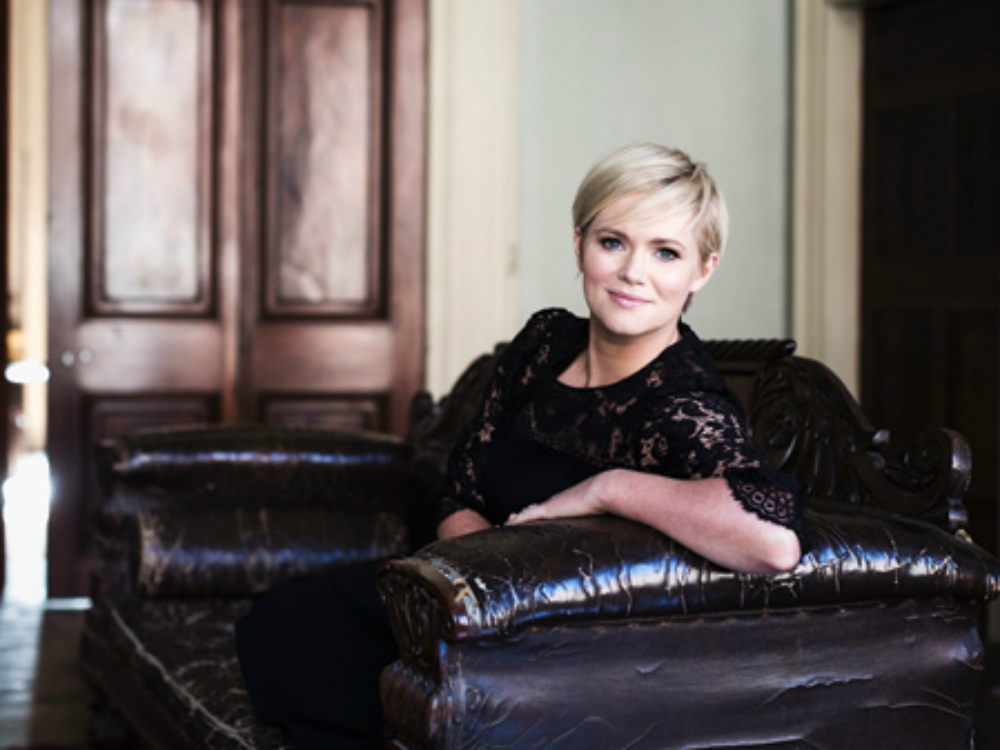
How many drafts do you tend to write, and do you edit as you go or prefer to push through to the end and work through any problems in rewrites?
Celebrity news, beauty, fashion advice, and fascinating features, delivered straight to your inbox!
I write the zero draft for myself first. I find that in my excitement to just get the story out of me, I do a fast first draft that is full of heart but full of holes. I write first with the heart and then go back and write with the head. I go over it and over it and then send the second draft to my publishers. They provide a general overview at first, pointing out the larger structural issues and then I write another draft. It’s on the third draft when it has come together as it should be that we get into the nitty gritty. I work on a fourth draft and then we move to copy edits, page proofs etc. I don’t put pressure on myself about making the first draft perfect, I need to see how the story comes together first and if it’s working for me, before perfecting every detail.
I plot the story before I write – and of course this helps develop it further as well as acknowledging the problems and needing to solve them. Some ideas are great ideas but they don’t have characters or aren’t meaty enough to be novels, and so some ideas have been with me for years before I’ve found the missing part that can help bring them on. Others can develop very quickly, and I write them within months of thinking of them. I tend to come up with different ways to structure a novel, like an overall concept, but I don’t have a story. Every idea is different.
I plot the novel first, writing out in point form the characters and storylines, however most of my favourite pieces are the spontaneous sentences that flow as I’m writing. I can plot storyline but I can’t plot how I’m going to phrase it or what tone it will take, and so it’s important to me that I plot but also allow the story to naturally unfold and evolve as I write. A story is a living, breathing, ever changing thing and as characters evolve, so does the plot, as the plot thickens, so do the characters and that’s not always possible to predict.
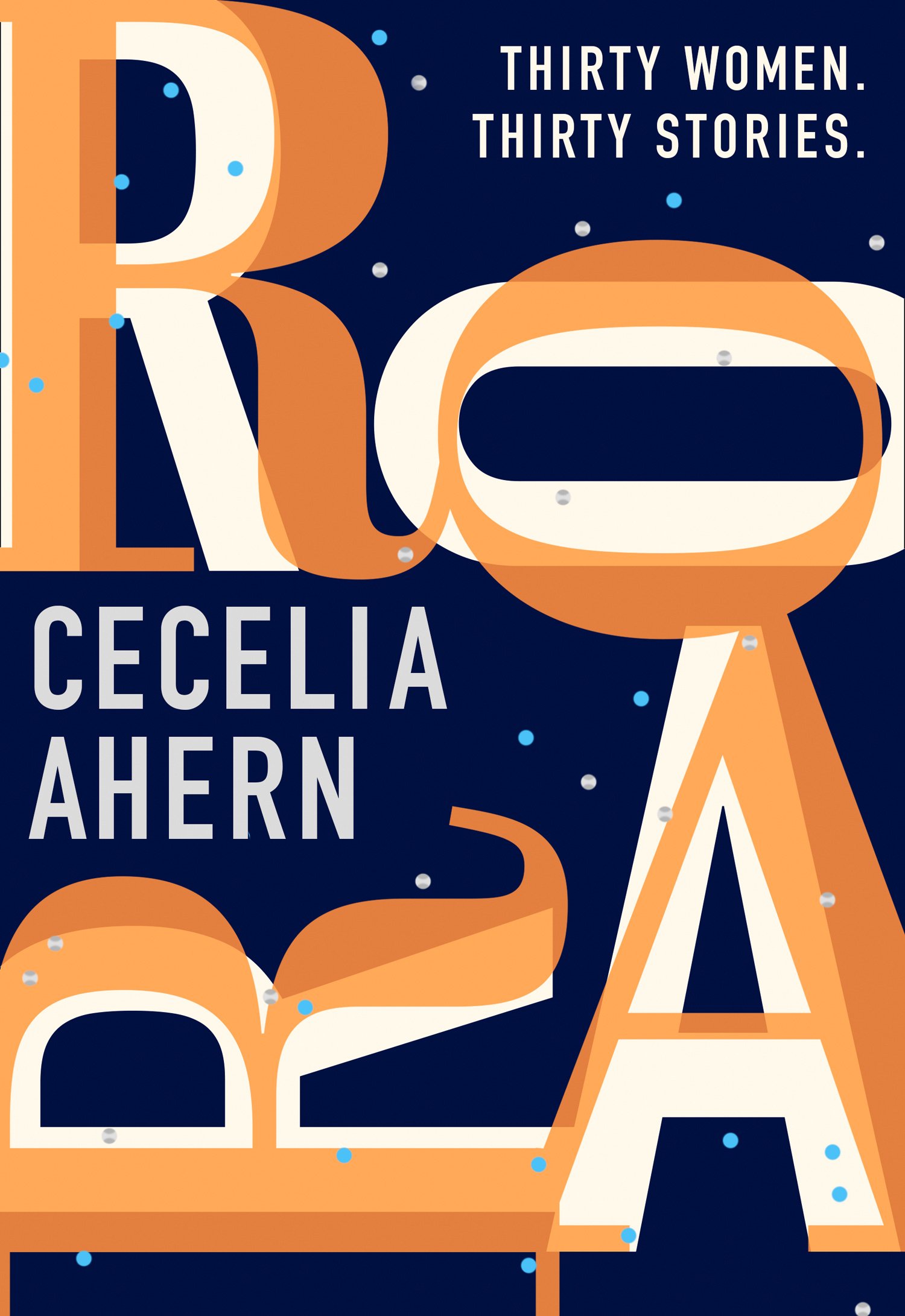
What is your favourite part of the process?
My real thrill is in writing the first draft. That’s the one that comes with the rush of adrenaline and emotion, the one that is fresh and new and exciting and I allow the pen to take over and go with the flow. Finishing the first draft is an amazing feeling, such a rush of adrenaline and emotion and relief, too. Polishing for me is hugely important, but it’s the part that I have to use the other side of my brain for. It feels like a more mechanical process. I find the first 25,000 words of any novel the easiest because the first ideas are flowing, everything is being set up, it’s new, and the story is wide open before you. After that first section I usually pause, look ahead at how much further I have to go and wonder if I can do it. Then I remind myself that I feel like this during every single book and I have to push on through to the finish line.
If you could give one piece of advice to an aspiring writer, what would that be? When we’re reading we are drawn not just to the plot and characters but how an author tells a story, so the voice is an important one to get right. I believe it’s important to be authentic and original. Write what moves you, what intrigues you. Write with the voice that you think with because that internal voice is yours, it’s original, because nobody thinks like you, and therefore will immediately set you apart from others.
